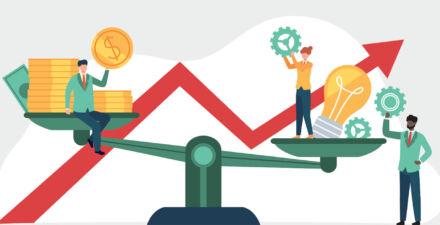In the United States and other rich democracies, economic policy has in recent decades produced rising economic inequality, rising costs of essential goods and services such as housing, health care, and child care, greater financial insecurity, higher inequality across regions within countries, and declining job quality and stability.
At the same time, more and more voters have been drawn to populist political views and candidates, particularly populism’s authoritarian variants. The rise of authoritarian populism poses a significant threat to the health of democracy and the economy here and abroad.
How should American policymakers think about the connection between these trends in economic conditions and support for authoritarian populism–and what lessons should they draw for the design and implementation of economic policy in the coming years?
Equitable Growth is publishing a series of essays that explores the economic and cultural factors that contribute to rising support for authoritarian populism, as well as the policy solutions that may stem from those factors. These insights come from economists, political scientists, and sociologists who bring different perspectives based on their areas of expertise. Together, we will help to chart a future course for a pro-growth, pro-democracy economy in the United States.









